Apr 18, 2019
The smaller deficit suggests U.S. economic growth in the first quarter might have been stronger than previously estimated.
Apr 08, 2019
Disappointing indicators show similar picture in US, China and Europe
Apr 02, 2019
Indexes of factory activity suggest an uneven global growth outlook.
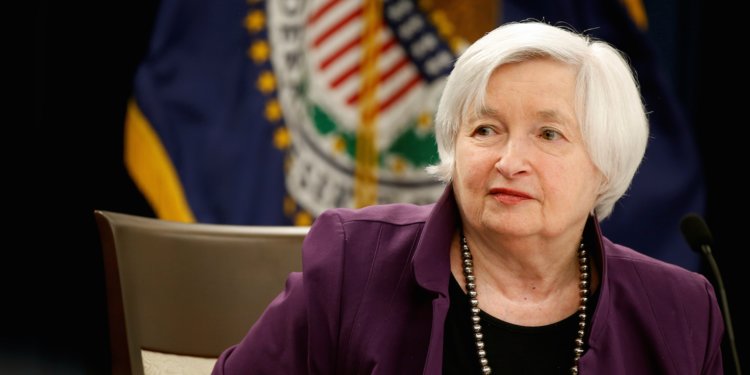
Hua Xin, PhD, CASS Graduate School
Feb 15, 2018
The world has to prepare itself for a new monetary cycle following rising US interest rates.
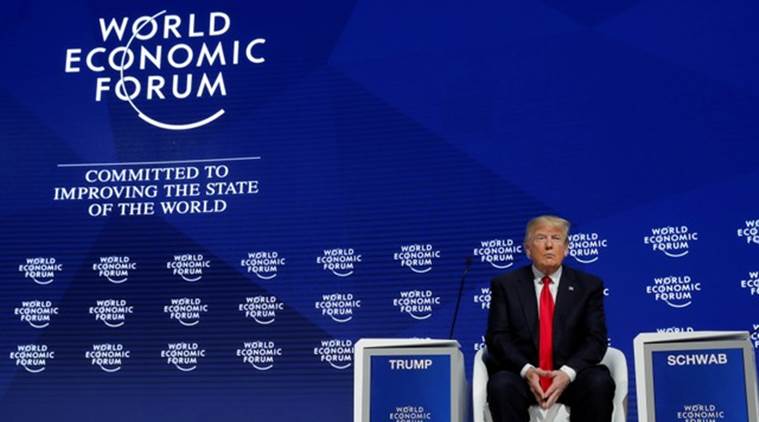
Su Jingxiang, Fellow, China Institutes for Contemporary International Relations
Feb 12, 2018
The US has fallen into the hands of a wealthy predator class that controls the government.
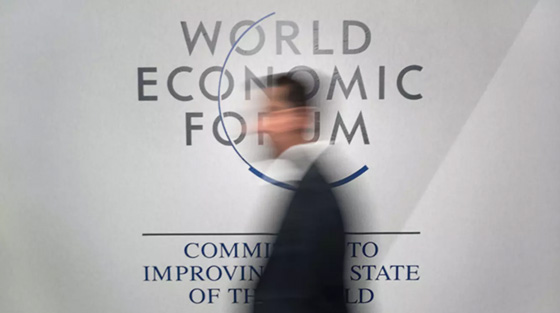
Lu Chen, Consultant, United Nations
Feb 08, 2018
If effective policy measures can't be taken to contain it, the risks to the world economy caused by the escalation of protectionism could severely disturb the world in 2018.
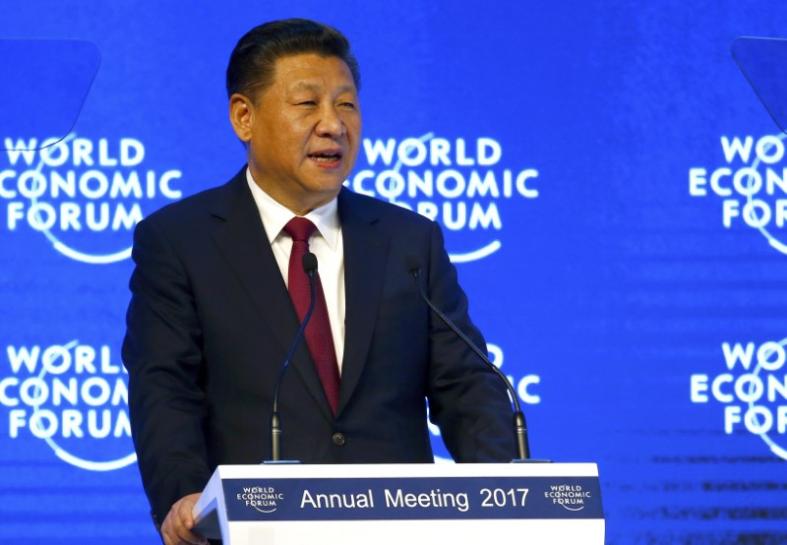
Amy Zhao, M.A. Student, NYU Washington Square
Feb 07, 2018
It is clear from this year’s Davos conference that while America has shifted its attention from maintaining the world order to strengthening its domestic economics, China is making use of the “leadership vacuum” and trying to convince the world that it is qualified.
Jan 15, 2018
China should be willing to loosen trade and investment restrictions if it seeks to play a leading role in globalization, International Monetary Fund First Deputy Managing Director David Lipton said.
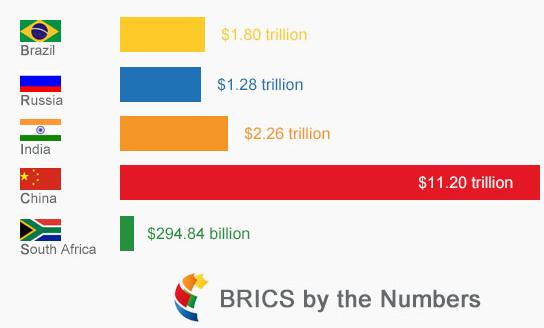
Ding Yifan, China Forum Expert and Deputy Director of China Development Research Center
Jan 03, 2018
The BRICS are already driving the world economy. The willingness of representatives of these emerging economies will make a greater contribution to the sustainable and inclusive development of the global economy and to the improvement of global governance.
Back to Top

- China-US Focus builds trust and understanding between the U.S. and China through open dialogue among thought leaders.
- Our Offerings
- Topics
- Videos
- Podcasts
- Columnists
- Research Reports
- Focus Digest
- Stay Connected
-
Thanks for signing up!
- Get the latest stories from China-US Focus weekly.